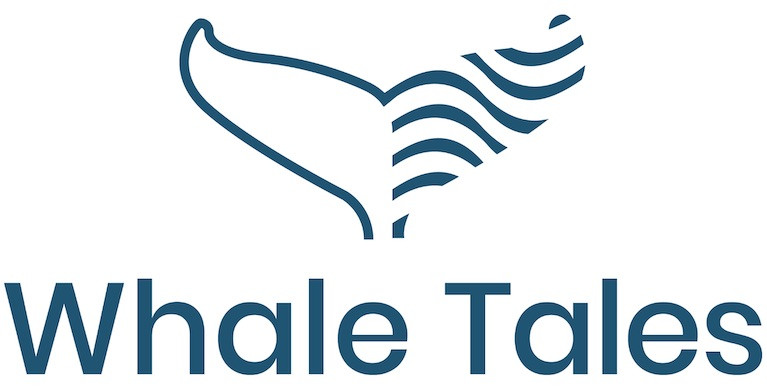The Irish Whale and Dolphin Group (IWDG) has recommended that a single body should handle all mitigation measures to reduce impact of offshore wind farms on marine mammals.
A policy document published by the NGO includes recommendations to ensure offshore wind farms have “only minimal and not significant impacts” on whales, dolphins and porpoises and their habitats.
“The marine renewable energy industry in Ireland is set for explosive growth in the coming years with a production target of 5GW of offshore wind energy by 2030 and an ambition of 30GW by 2050,” the IWDG says.
The policy document is due to be published today at the IWDG annual “WhaleTales” meeting which takes place online.
The NGO said it supports the decarbonisation of the Irish economy.
“We have looked at recent research and international best practice to inform this policy document, and present a series of recommendations to try and help guide offshore windfarm development over the coming years,” senior author Patrick Lyne said.
“The aim is to mitigate or reduce our impact and to measure our impact such that future developments can be better planned, and existing ones perhaps improved,” he said.
In the document, the IWDG have highlighted the need to protect areas identified as being important for whales and dolphins and has called for changes to mitigation practices.
It says passive acoustic monitoring is the only effective way to detect presence of the marine mammals and should form part of a 24-hour mitigation strategy.
It also says the use of acoustic deterrent technology should be reviewed according to species present and exact parameters of the device used, in order that it acts as an effective deterrent prior to operations.
“ The amount of contact the IWDG have had with offshore windfarm companies in recent months is huge and we felt it was important to publish our thoughts about the development of this industry and its potential impacts on whales and dolphins,” IWDG chief executive officer Dr Simon Berrow states.
“We are worried the state agencies involved in assessing planning applications and awarding licenses could be overwhelmed in the near future leading to bad decisions and delays”.
It recommends that “all mitigation procedures and the assessment of requirements should be coordinated by a single body to avoid differences in implementation by different regulators and that the current guidelines be now updated in line with best practice internationally”.
As Afloat reported earlier, more information is on the IWDG website, and the link to “WhaleTales” which takes place today is here































































